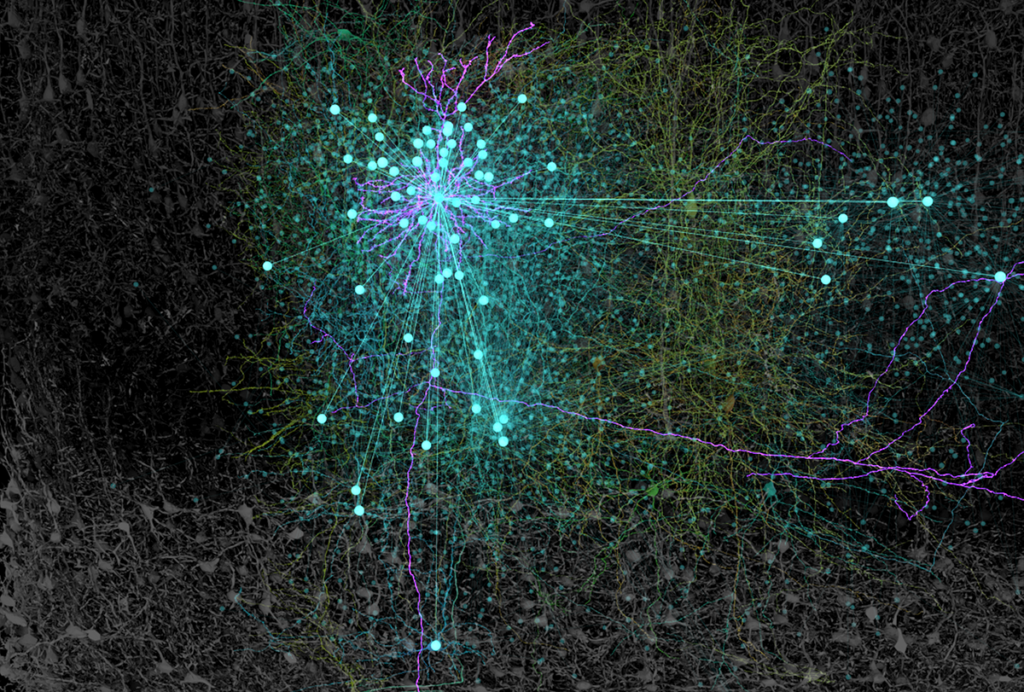Mark Histed is chief of the Unit on Neural Computation and Behavior at the U.S. National Institute of Mental Health. His lab aims to understand brain function by studying how connected networks of neurons process information. This work employs brain stimulation methods, behavioral assays and a close interaction between mathematical models and experiment.
Histed has a S.B. in biology with a minor in mathematics from the Massachusetts Institute of Technology. He received his Ph.D. from MIT in the brain and cognitive sciences department, working with Earl K. Miller. He did postdoctoral fellowships with R. Clay Reid and John H.R. Maunsell at Harvard University. Before moving to NIMH, he was a research faculty member at the University of Chicago. He has also had adjunct faculty positions at the University of Maryland and George Mason University.



